





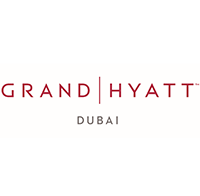
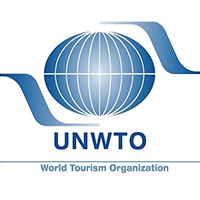


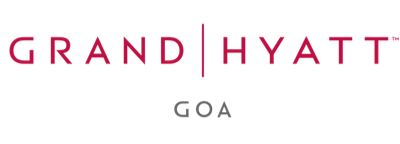
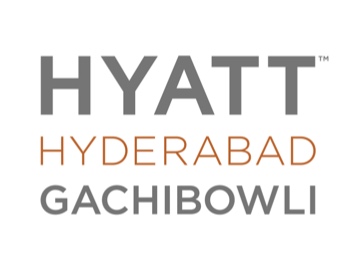





and many more

Total Life Cycle uses an 'Activity-based' carbon accounting method, it is a precise and data-driven approach for measuring greenhouse gases (GHG) by focusing on the specific activities within an organisation that generate emissions. Unlike spend-based methods, which rely on financial data, the activity-based approach collects granular data such as energy consumption (e.g., kilowatt-hours), transportation details (e.g., miles traveled), or products usage (e.g., kilograms of materials). This method applies specific emission factors to these activities, providing highly accurate calculations of emissions across Scope 1, 2, and parts of Scope 3. While more resource-intensive to implement, activity-based accounting enables organisations to identify key emission sources, design targeted reduction strategies, and comply with reporting standards like the Greenhouse Gas Protocol. It is particularly effective for businesses aiming to track performance over time and achieve meaningful carbon reductions.
The business benefits and evidence-base for authentic sustainability are both credible and robust, with travel brands such as Virtuoso reporting that sustainable tourism is a prime concern among wealthy travellers, and mainstream agents such as Booking.com acknowledging that travellers want more sustainable options.
Where guests have made their intentions clear, the law has now caught up. By January 2026, large businesses with extensive interests in the EU must report all greenhouse gases (across Scope 1, 2 and 3), based on data from 1st January 2025; and misleading environmental narratives (greenwashing) will lead to substantial fines.
It is often innovative brands that move first and drive real market change, leaving others to emulate and catch up. Hotels are ideally placed to demonstrate how they have grasped the initiative and are delivering on the sustainability paradigm shift within the industry.
Your hotel or restaurant can be some of the first to identify your full range of GHG emissions (including Scope 3) and offset its climate impacts across the MICE services of the group.
The reputation and brand benefits are clear, and any potential risks are minimised through the specialist partnership that Total Life Cycle (TLC) brings. We have been leading on climate and biodiversity data-driven methodologies to ensure your environmental narratives align with international and EU legislation that requires that any claims must consider the full ‘Life Cycle’ of products and services.
A premium of up between 5 and 20% is often associated with sustainability, but far greater is the value and prestige acquired by guests and business bookings knowing their stay with you has not harmed the locality or the planet. Our approach taps that desire for good and philanthropy, and ensures your guest are active participants in valuing nature. Sustainability can truly enhance business prosperity when you harness the desires, values and aspirations of your guests to do good. It is a powerful message and TLC provides the means to deliver it with credibility and confidence.
Implementing robust sustainability initiatives can drive substantial brand equity and enhance reputation. By leveraging data analytics to quantify greenhouse gas emissions and biodiversity impacts, hotels can deploy targeted, measurable sustainability strategies. This data-centric methodology enables organisations to establish concrete objectives, monitor performance metrics, ensure regulatory compliance, and effectively disseminate outcomes to key stakeholders.
This aligns with evolving consumer preferences, improving brand perception and customer loyalty. Moreover, data-driven sustainability efforts often yield operational efficiencies and cost reductions, further solidifying the organisation's position as a responsible and innovative market leader.
In an increasingly stringent regulatory landscape, data-driven sustainability practices position hospitality groups to proactively address compliance requirements. This forward- thinking approach minimizes legal and reputational exposure associated with environmental non-compliance, safeguarding brand integrity.
Your hotel would be one of the earliest to implement a Scope 1, 2 and 3 emission reduction target for the group. Currently most hotels are reporting reduction targets related to only Scope 1 and 2. Similarly, measuring water use only captures a fraction of the ecosystem impacts with wastewater impacting biodiversity to a far greater degree. Other biodiversity impactors can also be readily captured.
Total Life Cycle Analytics
Brand and Reputation
Strategic Communications and Marketing:
Data-driven sustainability initiatives provide a wealth of content for high-impact marketing collateral. Organisations can craft compelling narratives around their sustainability journey, underpinned by quantifiable metrics and tangible achievements, fostering emotional resonance with guests while showcasing environmental stewardship.
Risk Mitigation and Compliance:
Stakeholder Engagement and Value Creation:
Comprehensive sustainability data enables more effective engagement across stakeholder groups. And can demonstrate quantifiable returns on sustainability investments to shareholders, provide local communities with evidence of reduced environmental footprint, and instill a sense of purpose and pride among employees.
A strategic approach to sustainability marketing and brand management enhances overall corporate social responsibility, contributing meaningfully to environmental preservation while driving growth and competitive advantage for your hospitality group.
First Mover Advantage for Scope 3 value chain emissions and biodiversity:
Authentic data-based verification not accreditation:
Many hotels and groups are using sustainability accreditations mainly derived from process and systems assessments. However, following EU climate and greenwashing regulations they will no longer be compliant or credible as they do not reflect the full life cycle of your climate or environmental impacts, creating vulnerabilities to ‘greenwashing’ reputational risk and fines (10% of group turnover), if they are displayed to guests.
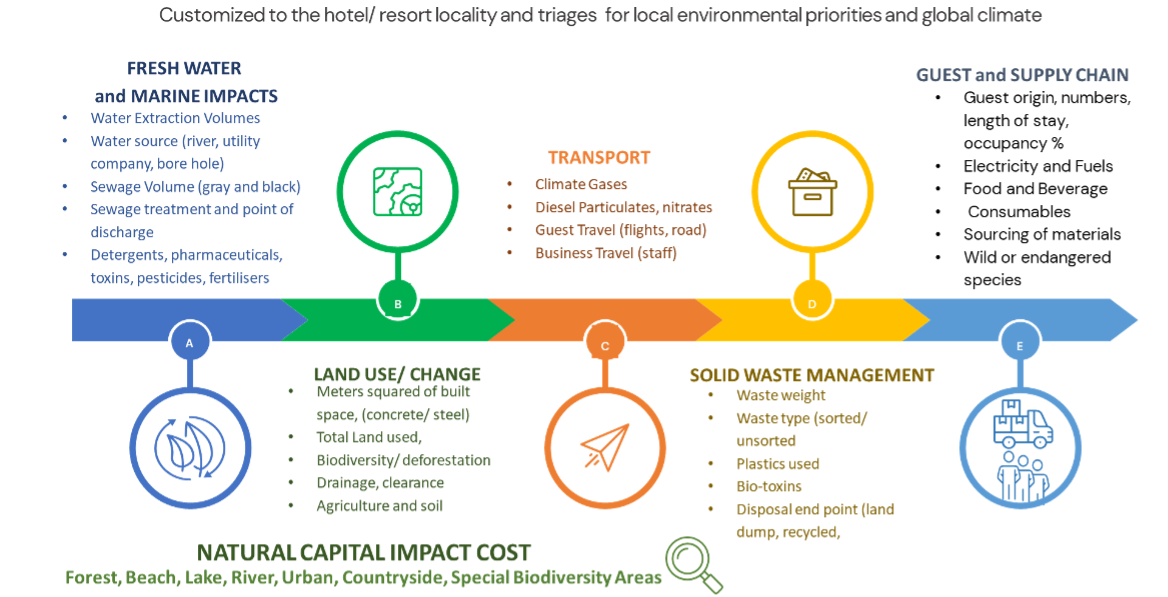
Scope of Harms:
|
|
HARM |
MEASURES and FINANCIAL COST MODELLING |
|
AIR/ CLIMATE |
|
|
|
BIOSPHERE
|
|
|
|
WATER
|
|
|
|
LAND
|
|
|
|
PEOPLE |
|
|